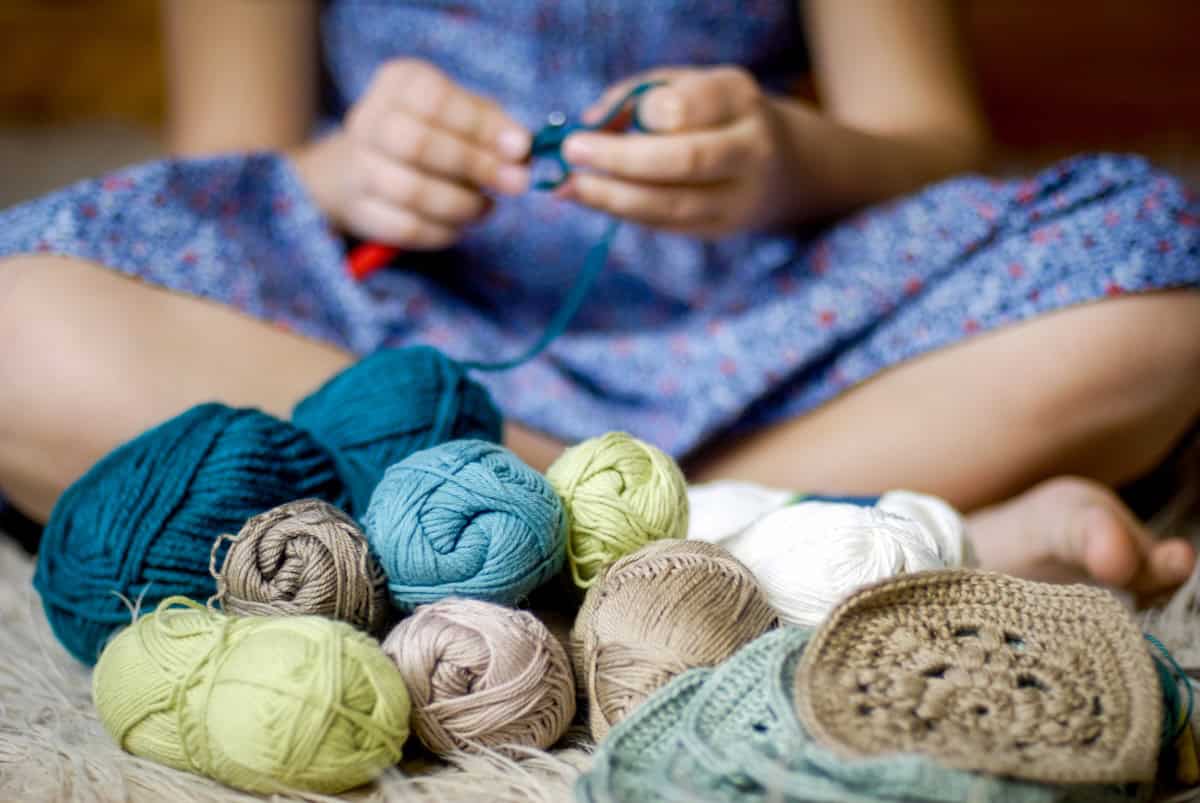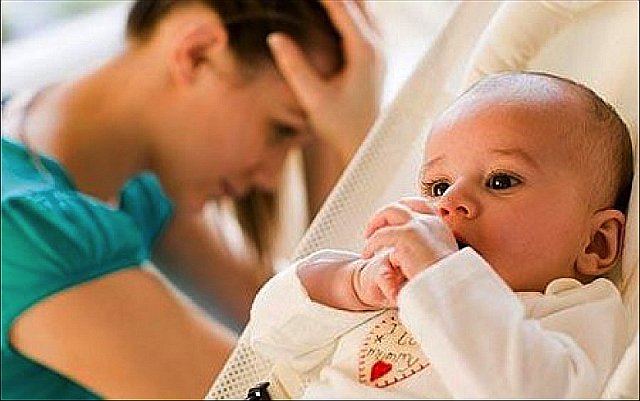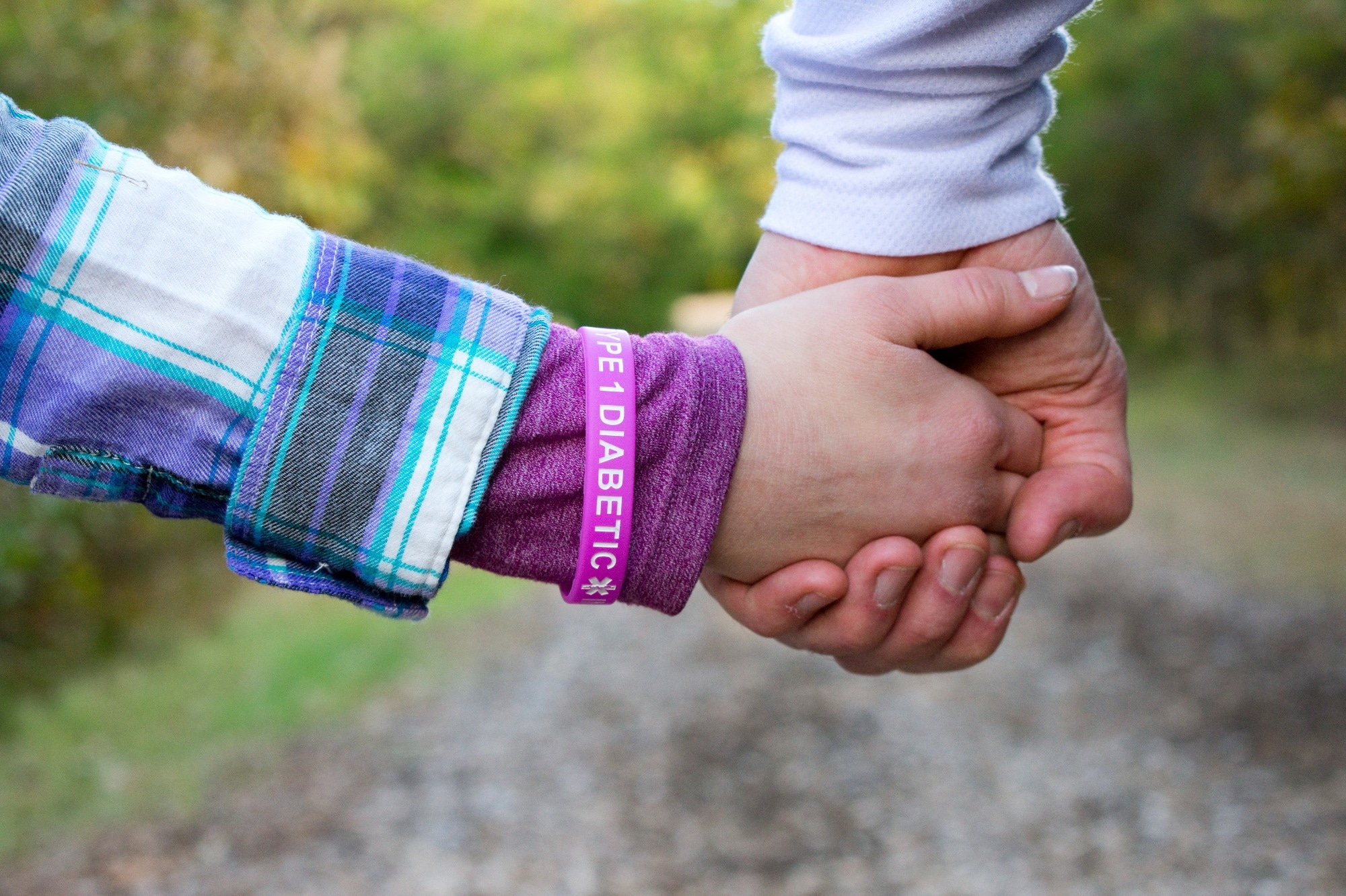We begin the holiday season with record-high numbers of Americans dealing with anxiety and depression, many for the first time. According to the National Alliance on Mental Illness (NAMI), one in five people live with a mental health condition.
The statistics are sobering, especially since there is no single cause or easy solution. Are you wondering how you or someone you love will cope with the holidays? You are not alone.

Eight simple tips to boost your coping skills
1. Be flexible
My three kids are grown and flown, so their schedules don’t always sync with my preferred time to celebrate a holiday. However, I’m happy that we almost always find a time around the holiday that works for everyone to be together. The significant others of my son and two daughters appreciate the flexibility as they also juggle other holiday plans with their parents and siblings.
2. Find time for your favorite things
Make a list of your must-do holiday traditions, then find time for the greatest ones. The songs say it’s the best time of year. However, there are as many ways to celebrate the holiday season as individuals who observe it, from religious observances to secular perspectives.
My favorite things include having everyone in my immediate family together (a rare event), baking cookies, and sharing fancy meals while music plays and exchanging gifts. I especially love my Christmas tree, decorated with an artistic cardinal on top and handmade ornaments that my kids made when they were small.
3. Remember that perfection is overrated — and impossible
The commercialism leading up to holiday celebrations can be overwhelming, with added pressure to plan the perfect food and find the perfect presents. We are encouraged to buy, bake, entertain, and be more.
Holiday commercials suggest that if someone in your family isn’t enjoying the celebration, you’re doing it wrong (which is not true). I want to be that person who makes everyone else happy, who creates the perfect holiday gathering, but I’ve accepted that it just isn’t possible. If someone else is struggling, it’s not your fault. Plus, life doesn’t always go as planned.
4. Pay attention to mental health
No one is to blame when you or someone you love is struggling. Anxiety and depression, as well as grief and other conditions, can be devastating. I was first diagnosed with depression as a young mom, but it wasn’t until my teenage daughter’s spinal cord injury that I experienced mental illness.
I tried to hide the pain and waited too long to ask for professional help. I found ways to manage my depression through counseling, medication, and meditation. Other effective treatment options are available, also. Depression robs us of hope.
5. Ask for help when you need it
Many of us need help to manage our mental health. Ask for professional help if you are struggling. Groups like NAMI are great resources for helpful information. Also, ask for professional help if you need support for a family member in crisis. If you don’t find the help you need, keep asking for as long as possible. Hope is an incredibly powerful thing. And if you never give up? Hope wins.
6. Find small ways to give back
Even during the most difficult times. I worked with a wonderful nonprofit, Adversity to Advocacy, and their motto has proved true in my life: when we help others, we help ourselves. My favorite is volunteering as a peer mentor for the Reeve Foundation for other moms of kids with a spinal cord injuries. Giving back also could be as simple as donating to a soup kitchen or a clothing drive.
7. Check in with family and friends!
Don’t hesitate to ask someone how they are doing. It’s important to realize that mental health may shift over time. There are levels where people can function and levels where we can’t. Someone who smiles often may be dealing with severe depression and working hard to hide it, as I did in the past.
I was ashamed of my depression since I didn’t understand it back then. Checking in with family and friends might be a lifeline for someone. Don’t underestimate the power of thoughtful gestures that show people you care.
8. Fill your cup — self-care does matter!
The best way to boost our coping skills through the holidays is to prioritize self-care. As the saying goes, you can’t pour from an empty cup. However, to be more accurate, you can try, but you’re only making it harder on yourself. We are better at coping and being there for others when we make quality time for ourselves.
May you find time during the holidays for all of your favorite things. I hope the joys of the season light the way for you into the coming new year.
Resources:
NAMI offers free help from trained crisis counselors. Call or text the NAMI Helpline at 800-950-6264, M-F 10 am-10 pm ET. In a crisis? Call or text 988.
SAMHSA’s National Helpline is a free, confidential, 24/7, 365-day-a-year treatment referral and information service (in English and Spanish) for individuals and families facing mental and/or substance use disorders.
More Great Reading:
Depression: 5 Steps Parents Can Take to Help Their Teen’s Mental Health

 PARENTING TIPS
PARENTING TIPS







 PREGNANCY
PREGNANCY








 BABY CARE
BABY CARE








 TODDLERS
TODDLERS








 TEENS
TEENS








 HEALTH CARE
HEALTH CARE








 ACTIVITIES & CRAFTS
ACTIVITIES & CRAFTS








 CONTACT
CONTACT ABOUT
ABOUT



